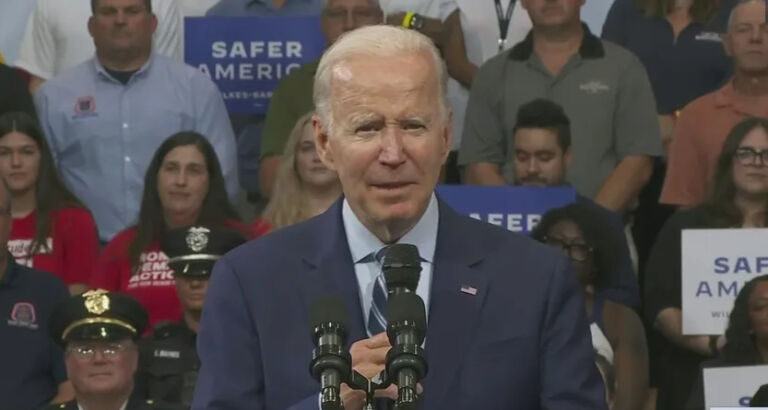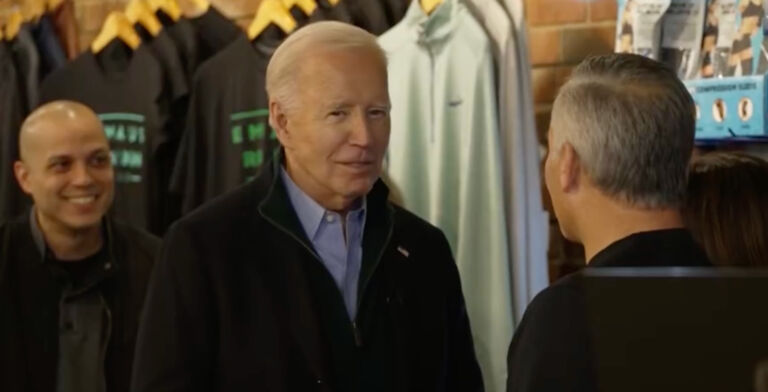Former Louisiana governor Bobby Jindal provides a picture of the true costs of what Progressives and Democratic Socialists call “free.” He notes that many people have never seen a better alternative to “government-provided economic security.” We end up with fewer, worse choices, steal opportunity from our children and grandchildren, and weaken community.
Jindal acknowledges, too, “Republicans have lost credibility on fiscal responsibility.…It wouldn’t hurt for the GOP to act as if deficits matter when they govern, not merely when they’re in the minority.“
For all the good of his riposte against the false promises of “free” things, Jindal slips in a way that many of us do when we defend prices and profits as efficient. Efficiency depends on predictability, and life is unpredictable. Markets respond quickly, not because they are efficient but precisely because they are inefficient.
In contrast to the elegantly simple graphs we learn in economics class, the world is too messy for markets to ever be in equilibrium. Markets provide information through prices. Those prices can be misinterpreted in part because every transaction requires a willing buyer and a willing seller. When you think a stock is cheap, the person selling it to you likely thinks its price is high. Economist Arnold Kling sees the economy as a “fragile, complex system,” prone to miscalculations, manias, and other catastrophic failures.
There are three grocery stores within a half-mile of one another near my house, but a fourth is being built right in the middle of the other three. Gas stations locate at the same corner. How many poké bowl restaurants does one city need? These are not models of efficiency.
Government control magnifies those tendencies. The more diverse a market, the less harm any single problem can cause. If Walmart had a payroll system problem, 2.3 million people or 0.7 percent of Americans would not receive a check. If Social Security had a similar problem, 62 million people or 17.7 percent of Americans would not receive a check. The effects of government mistakes are many times greater than the effects of mistakes by even the largest companies.
Despite the difference in macroeconomic effects, large companies are like government in their resistance to change. When I worked in state government and explained some of our technology struggles to people at large companies, they told me similar stories. That General Motors could not learn from its successful experiments in customer satisfaction (Saturn) and vehicle production (NUMMI) in the 1980s and 90s, should have provided a cautionary tale of how well, for example, traditional public schools would learn from charter schools. Instead, charter critics blame the charter schools for school districts’ inability and unwillingness to adopt successful innovations.
Change happens at the margin. Efficient operations have less margin and so less room for change. A market economy with its redundancies and competition has plenty of margin that can become productive. Farmers traditionally left land fallow so it could regain nutrients and be more productive. In order to survive with unused capacity, the capacity that is used needs to be more productive. That is the role of profits, or as Peter Drucker called it, “the cost of staying in business.”
“Free” government programs do not need to earn profits to stay in business. They can take what money they need, to a point, either from current or future taxes. Inflation is a tax on the future just as surely as debt is. Ironically, it is the very efficiency of government that make it a poor provider of low-cost goods and services. We do need to help others understand the meaning behind P.J. O’Rourke’s famous quip: “If you think health care is expensive now, wait until it’s free.” To do this well, we first need to understand what it is about prices and markets that keep costs low.


